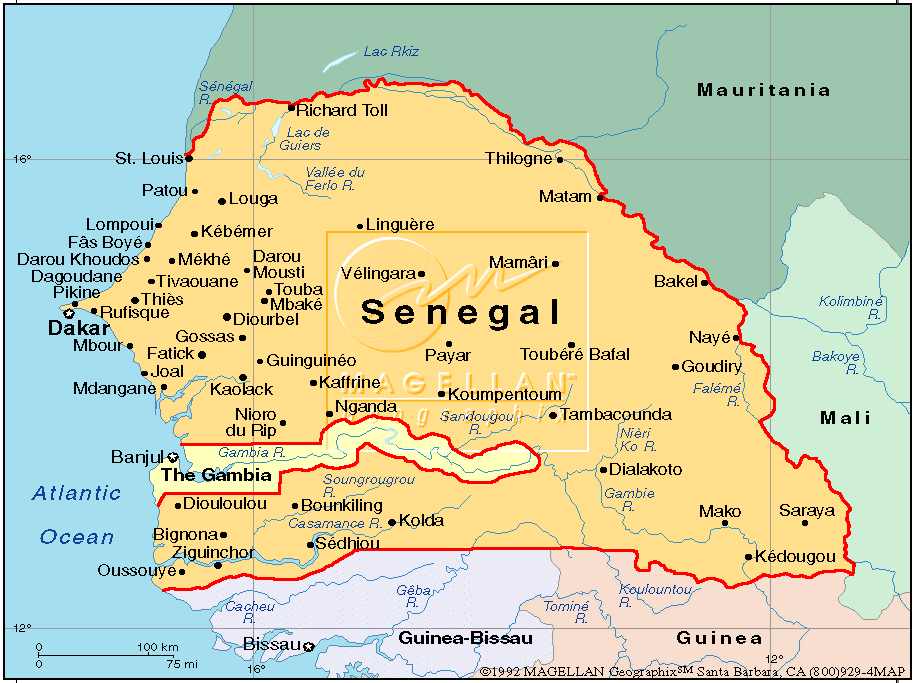Monsieur McKennaTeacher of French On voit dès l'enfance ce que sera l'homme. - Senegalese proverb“One sees from childhood what the man will become.” Email: mckennaj@lcmrschools.com | Phone: (609) 884-3475LCMR School District - 687 Route 9, Cape May, NJ 08204 |
| HOME | French I | Foreign Language for Everyone | French Club | Links |
Unité 3 Qu'est-ce qu'on fait?
Leçon 8: Une interview
OBJECTIVES
NOTE Culturelle
EN BREF: Le Sénégal Capitale: Dakar A former French colony, Senegal became an independent republic in 1960. Its population is divided into about a dozen ethnic groups, each with its own language, the most important being wolof and pulaar.
Youssou N’Dour Youssou N’Dour is an internationally known musician from Senegal who combines traditional African music with pop, rock, and jazz. He sings in French and English, as well as in three
L'Unesco (United Nations Educational, Scientific, and Cultural Organization)
A. Les questions d’information The questions below ask for specific information and are called INFORMATION QUESTIONS.
→ In French, information questions may be formed according to the pattern:
→ Est-ce que becomes est-ce qu’ before a vowel sound.
→ In information questions, your voice rises on the interrogative expression and then falls until the last syllable.
Observation: In casual conversation, French speakers frequently form information questions by placing the interrogative expression at the end of the sentence. The voice rises on the interrogative expression.
VOCABULAIRE Expressions interrogatives où where? Où est-ce que vous travaillez? → Parce que becomes parce qu´ before a vowel sound.
VOCABULAIRE Expressions pour la conversation How to express surprise or mild doubt: Ah bon? Oh? Really? —Stéphanie organise une soirée.
B. Les expressions interrogatives avec qui To ask about PEOPLE, French speakers use the following interrogative expressions:
To ask who is doing something, French speakers use the construction:
C. Qu’est-ce que? Note the use of the interrogative expression qu’est-ce que (what) in the questions below.
To ask what people are doing, the French use the following construction:
D. Le verbe faire Faire (to do, make) is an IRREGULAR verb. It is used in many French expressions.
VOCABULAIRE Expressions avec faire faire un match to play a game (match Mes cousins font un match de tennis.
D. L’interrogation avec inversion LEARNING ABOUT LANGUAGE In conversational French, questions are usually formed with est-ce que. However, when the subject of the sentence is a pronoun, French speakers often use inversion, that is, they invert or reverse the order of the subject pronoun and the verb. REGULAR ORDER: Vous parlez français. INVERSION: Parlez-vous anglais?
The pairs of questions below ask the same thing. Compare the position of the subject pronouns.
Inverted questions are formed according to the patterns: YES/NO VERB / SUBJECT PRONOUN …? INFORMATION INTERROGATIVE EXPRESSION + VERB / SUBJECT PRONOUN …? → In inversion, the verb and the subject pronoun are connected by a hyphen. Observation In inversion, liaison is required before il/elle and ils/elles. If a verb in the singular ends on a vowel, the letter “t” is inserted after the verb so that liaison can occur:
Prononciation La voyelle /y/ The vowel sound /y/ — represented by the letter “u” — does not exist in English. To say super, first say the French word si. Then round your lips as if to whistle and say si with rounded lips: /sy/. Now say si-per. Then round your lips as you say the first syllable: super!
Quizlet Live
Morocco Warm up activities
Révision: Leçon 16
Vidéo Activités Worksheet
Audio Activités Audio Activités Worksheet
Les devoirs (homework)
Quiz 8 Script
Unité 3 - TEST (A) Audio Script
|










